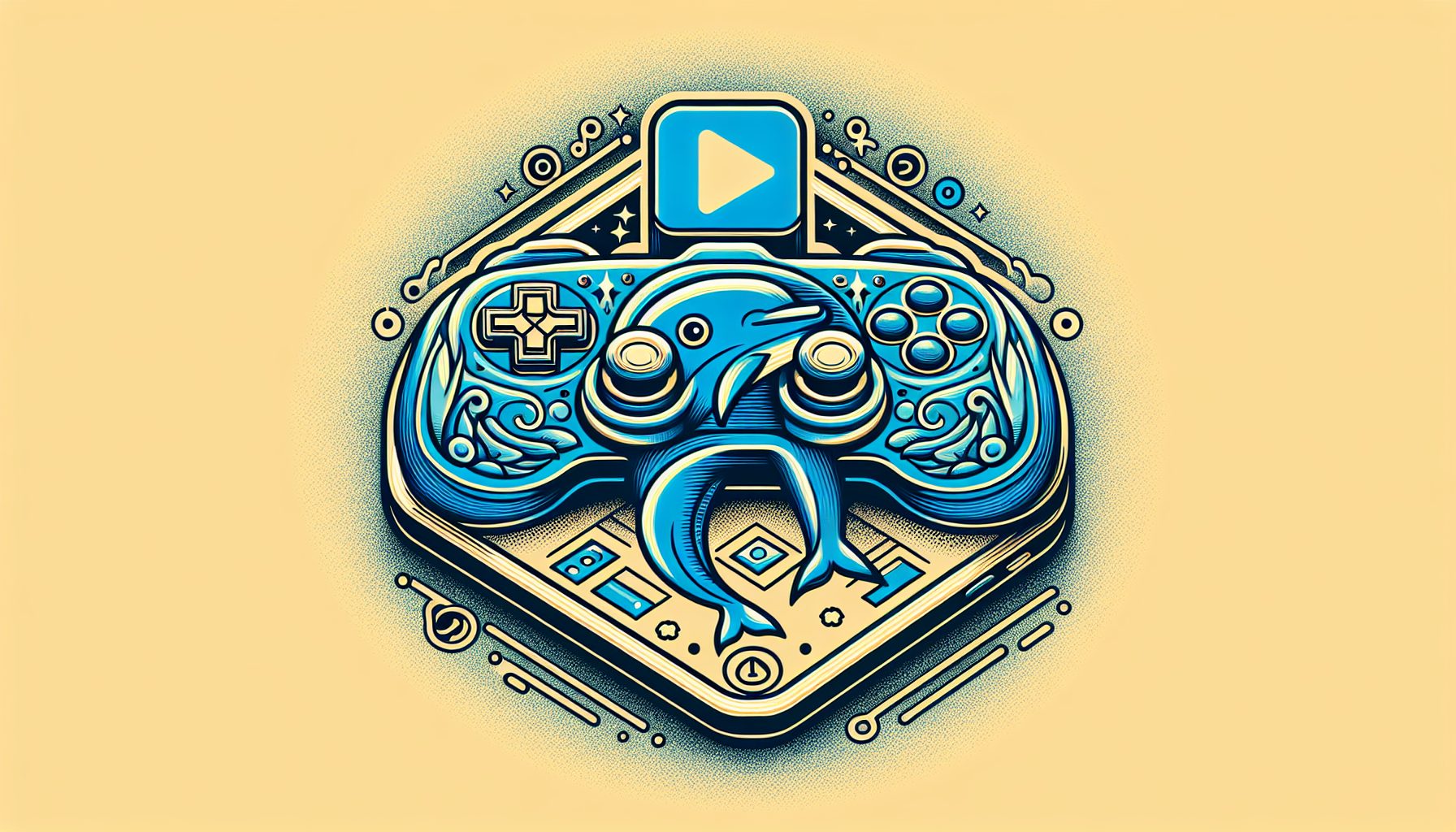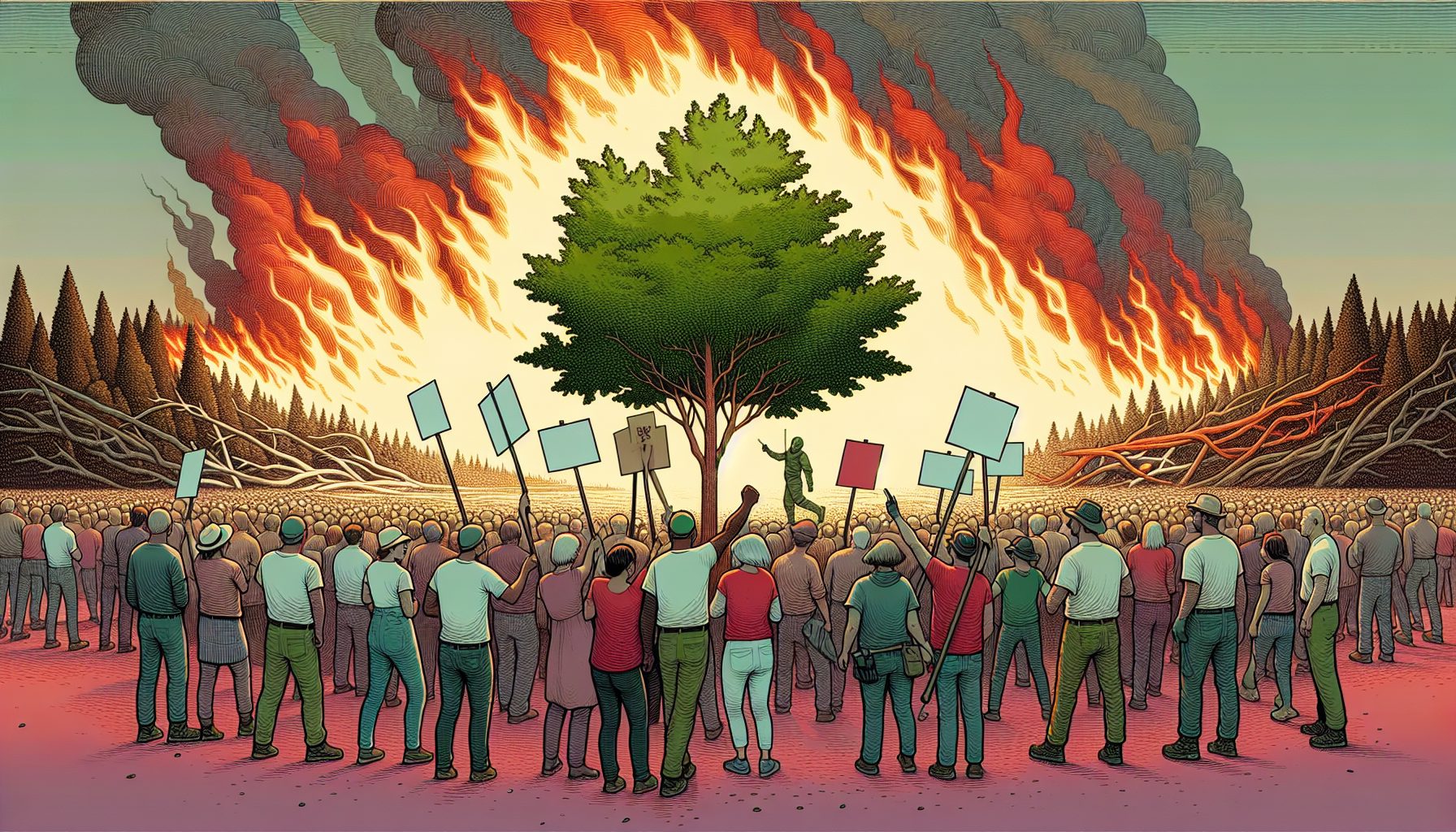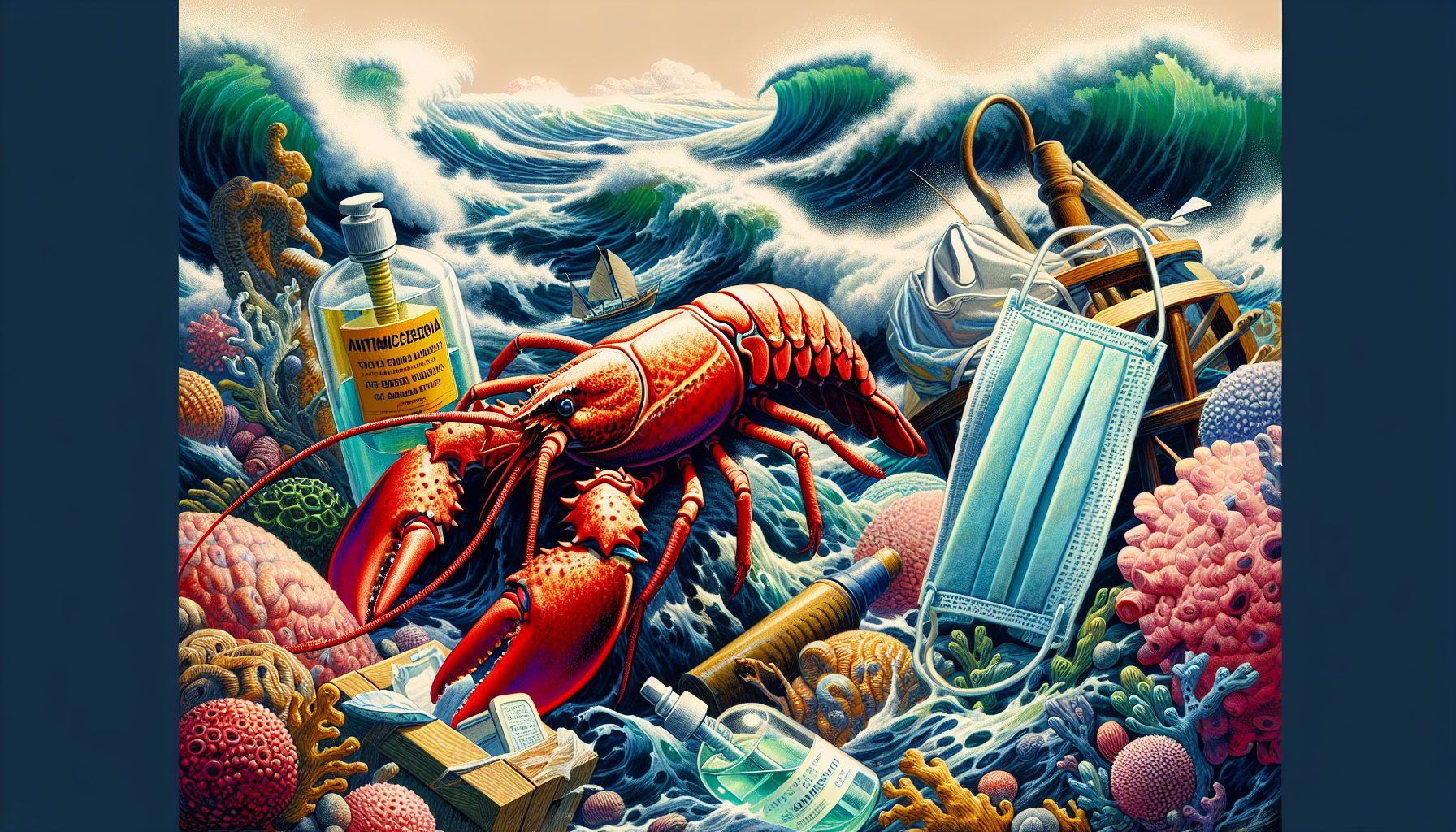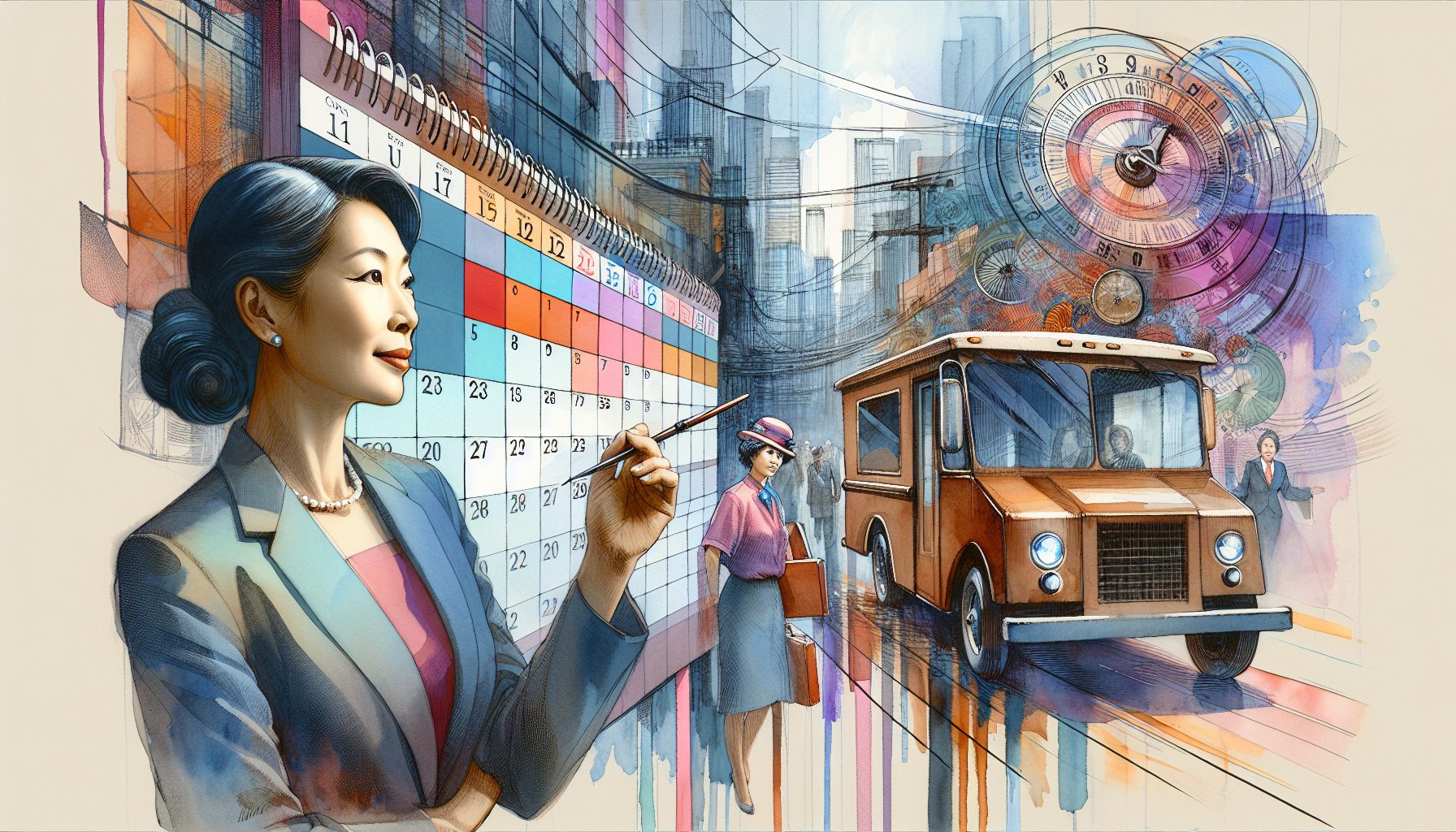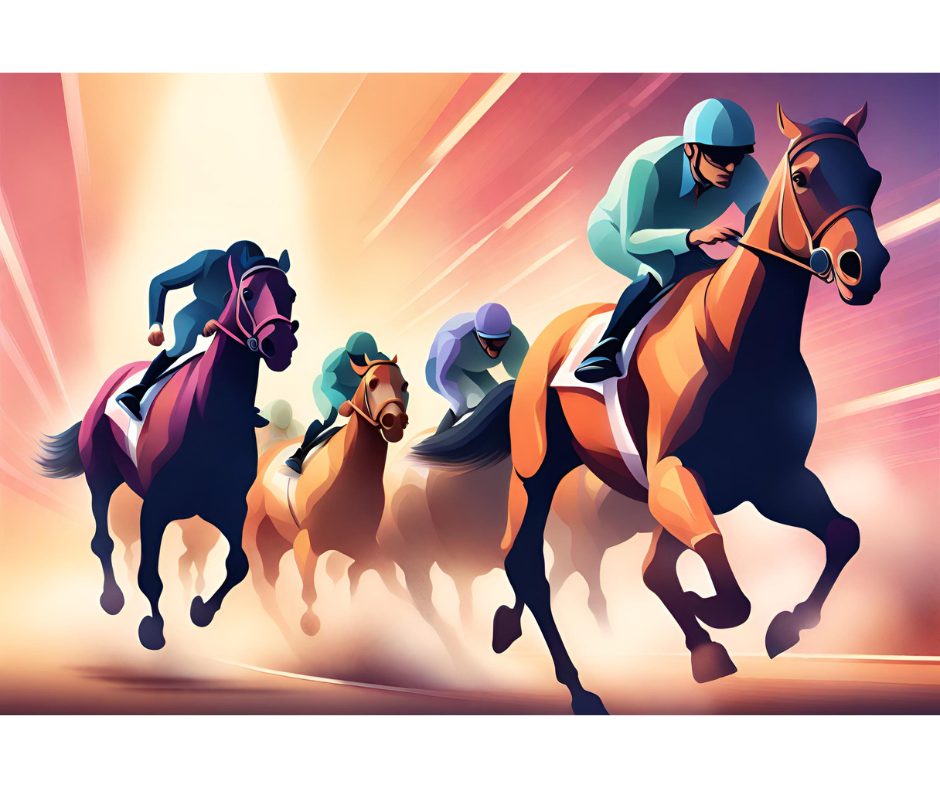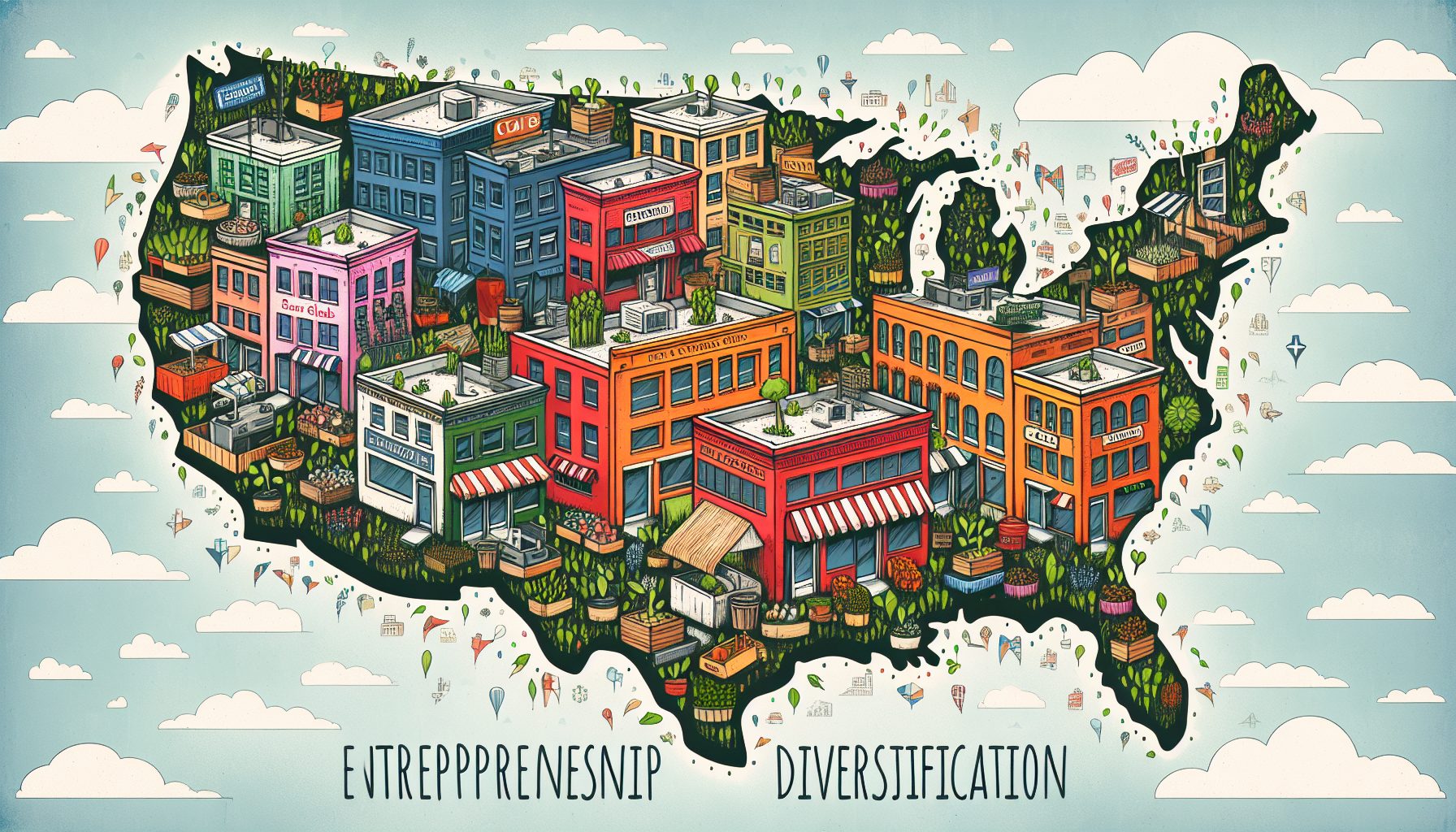Some of the nation’s best-known universities, including MIT, UCLA and Texas A&M, and their students are spearheading efforts to stem the illegal downloading of music.
The music industry has been taking aggressive steps, including suing students, to stop illegal downloads of copyrighted material, according to an April 6 report in The Wall Street Journal. Universities around the country have been more actively watching what’s downloaded and urging their students to get their music from legal online music stores.
In December, the average number of users who logged into file-sharing networks rose to more than 6.9 million from more than 5.5 million the year before, according to statistics from online media tracker BigChampagne that were quoted by the paper.
Universities are primary targets of lawsuits largely because their networks give almost unlimited bandwidth to the population that uses peer-to-peer networks most avidly.
Universities can’t be completely responsible for the illegal actions of their students, but neither are they held blameless. Those that don’t make a good-faith effort to prevent illegal file activity, once it’s been pointed out to them, are as vulnerable as any video pirate. The same applies to major corporations.
On corporate networks, it’s a company’s name that’s attached, not the individual’s. Until you see employee groups self-organize to educate each other about abuses of porn, illegal downloads, online gambling and all the other illicit uses of your network by employees, you can count on at least some workers abusing their privileges, and putting the company in a compromising position in the process.
What can business learn from academia?
At MIT, two students reportedly started an electronic music library that gives other students access to 2,000 contemporary and classic CDs through an internal music store called the Library Access to Music Project (LAMP). The university isn’t charging students for listening to the music, according to the Journal report, but it does pay fees to groups that collect licensing and royalty fees for artists.
UCLA, on the other hand, is using a software package it developed that automatically kills the accounts of students who violate copyrights until they delete all illegal files from their machines, according to the Journal.
And Texas A&M University-Kingville is reportedly using a piece of software that compares files going over peer-to-peer networks with a database of copyrighted material. If the software picks up the transmission of copyrighted work, it halts delivery of the file.
Having users (even students) join the effort to limit copyright violations is a significant step forward in the effort to protect copyrighted material and intellectual property.
But students aren’t the only ones who crave free content, and they’re not the only ones who get free access to good networks to which their names are not attached.
Many companies prefer to think that their employees are too busy or virtuous to spend any time downloading stuff they shouldn’t. But unless companies install content-filtering software and application-monitoring agents, they won’t know what, exactly, is traveling across their networks. But they will remain responsible for every byte of it.

